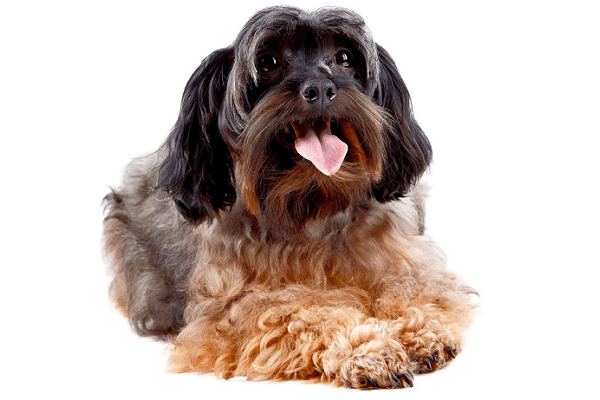
It comes as no surprise that older dogs have different care requirements than younger dogs. Much like us, older dogs require certain levels of care as they age into their golden years. But do you know how to care for your dog as they age?
Schedule regular visits with your veterinarian. Scheduling regular appointments with your veterinarian is key to detecting signs of illness or other problems that can be detected early and treated. Remember, it is much less expensive to prevent illness than it is to treat it!
Feed your dog a high quality diet. Feeding your dog a high quality diet that is rich in nutrients and vitamins is important to make sure they are healthy. Consider fortifying your dog’s diet with fatty acids such as DHA and EPA, which have been shown to be useful for dogs with mobility issues. Supplements like glucosamine and chondroitin are also beneficial for senior dogs. If your dog has heart or kidney issues, diets lower in sodium can sometimes help control the progression of those issues. Make sure to consult with your veterinarian on how to choose the right high quality diet for your dog based on their situation.
Take care of your dog’s mouth. Much like our own mouth, brushing is key to healthy gums and teeth. Brushing your dog’s teeth helps prevent dental disease, bad breath, and tooth loss. If you cannot brush their teeth, consider using dental treats and toys to help keep their teeth clean or scheduling an appointment with your veterinarian for a dental exam and cleaning.
Exercise. Exercise is important to having a healthy lifestyle for you and your older dog. It can help keep them at a healthy weight, and maintain healthy joints and muscles. Be sure to tailor your dog’s exercise needs to their individual requirements. If your senior dog is not accustomed to exercise, start slowly and gradually increase the intensity. Also, make sure to be careful with short-nosed dogs, like bulldogs and pugs, particularly on hot days. Make sure your dog has plenty of water.
Stimulate with enrichment activities. Dogs who are bored often get into trouble. They will bark, chew destructively, dig, and can even develop self-destructive habits too, including excessive licking or chewing. Enrichment activities help keep your dog mentally stimulated and keep their environment interesting. Creating enrichment activities for your dog is easy to do. You can simply hide two or three food dispensing toys for your dog to find. Initially the toys can be easy to discover and then you can increase their level of difficulty as your dog becomes good at finding them. The key to enrichment activities is to be creative and vary what you do so your dog is stimulated.
Provide your dog special accommodations. Just like us, older dogs may find it difficult to be comfortable when they sleep or lie down. Help make it easier by providing soft bedding in the form of a special dog bed on which to sleep. Ramps can be useful to make stairs easier to navigate if they cannot be avoided. Carpets and rugs over hard-surface flooring can help your dog gain his/her footing and make it easier for them to walk around the house. If you have a dog that can no longer jump into bed with you, consider purchasing a small set of stairs to assist them into bed.
Overall, caring for your older dog is very much like caring for ourselves. With the appropriate care, diet, and exercise, this can help pave the way for your dog’s healthy life.
Article written by Kelly Harrold with Pet Helpers, Charleston, SC.


Comments